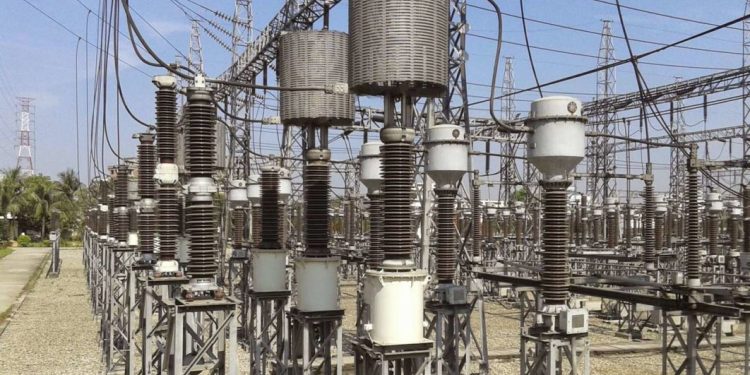Commissioners of energy from Nigeria’s 36 states have expressed readiness to begin negotiations with power distribution companies (DISCOs) over electricity tariffs, aiming for rates that are both reflective and fair to residents.
The development comes in the wake of the recent tariff reduction for Band A customers from ₦209/kWh to ₦160/kWh by the Enugu Electricity Regulatory Commission (EERC). The cut triggered opposition from both power generation and distribution companies, who argue that such moves undermine the viability of the power sector.
While DISCOs have rejected the idea of negotiating tariffs with state governments, warning that such interventions could “kill the sector,” state officials are defending their constitutional right under the Electricity Act 2023 to regulate their electricity markets.
The EERC has maintained its stance in support of state-level regulation, saying it will not bow to pressure from generation and distribution firms.
As of now, seven states — Enugu, Ondo, Ekiti, Imo, Oyo, Edo, and Kogi — have assumed control of their electricity markets. Others, including Lagos, Ogun, Niger, and Plateau, are expected to complete their transitions before the end of September.
The growing divide reflects broader tensions in Nigeria’s evolving electricity landscape, as decentralised regulation reshapes how power is priced and distributed across the country.















